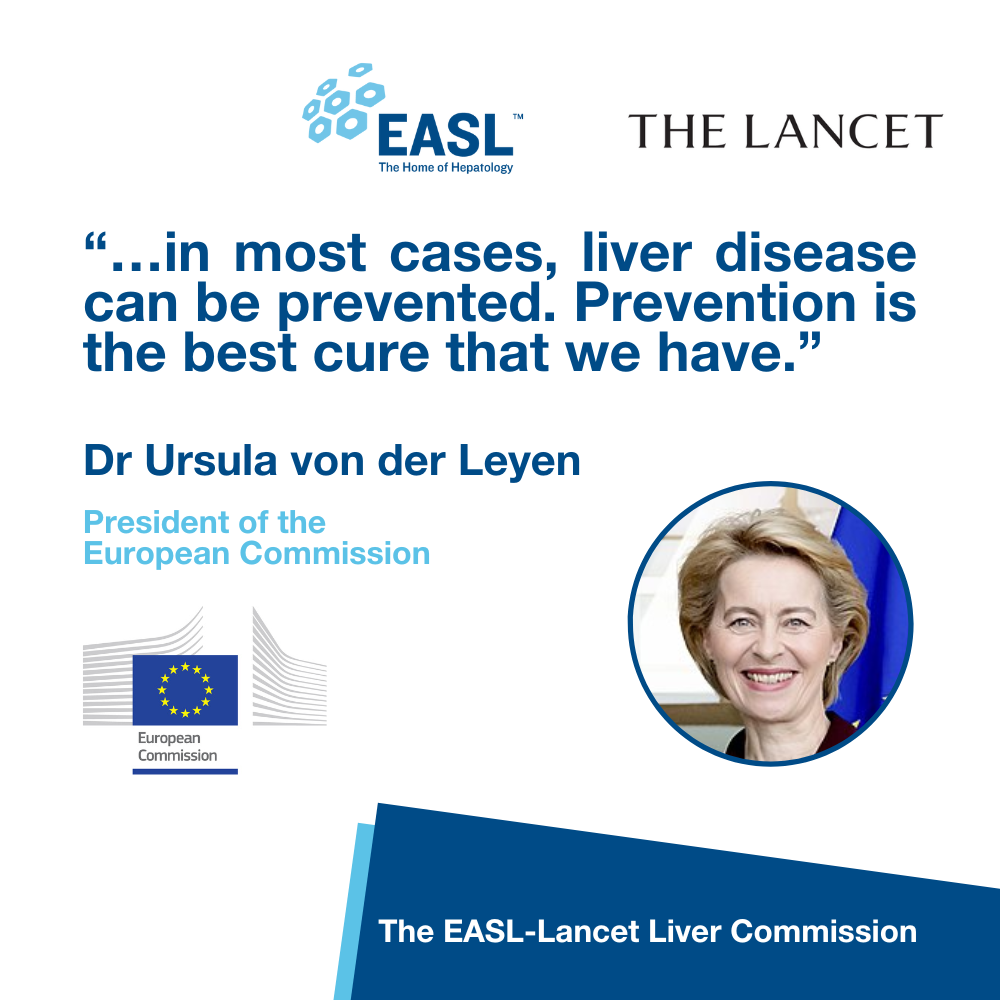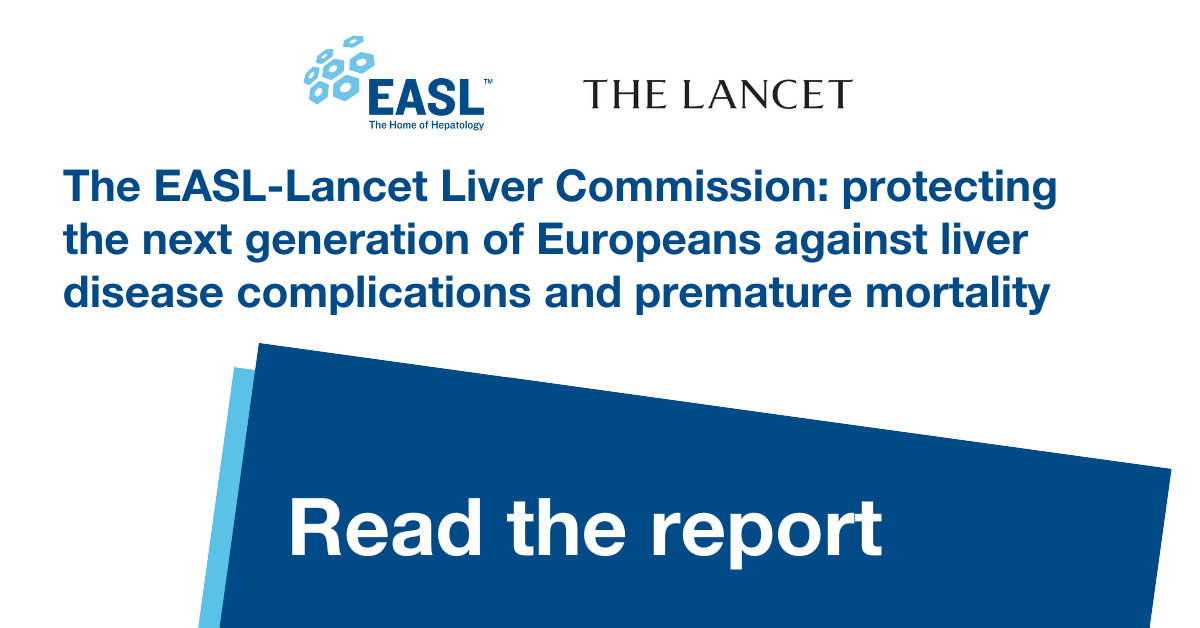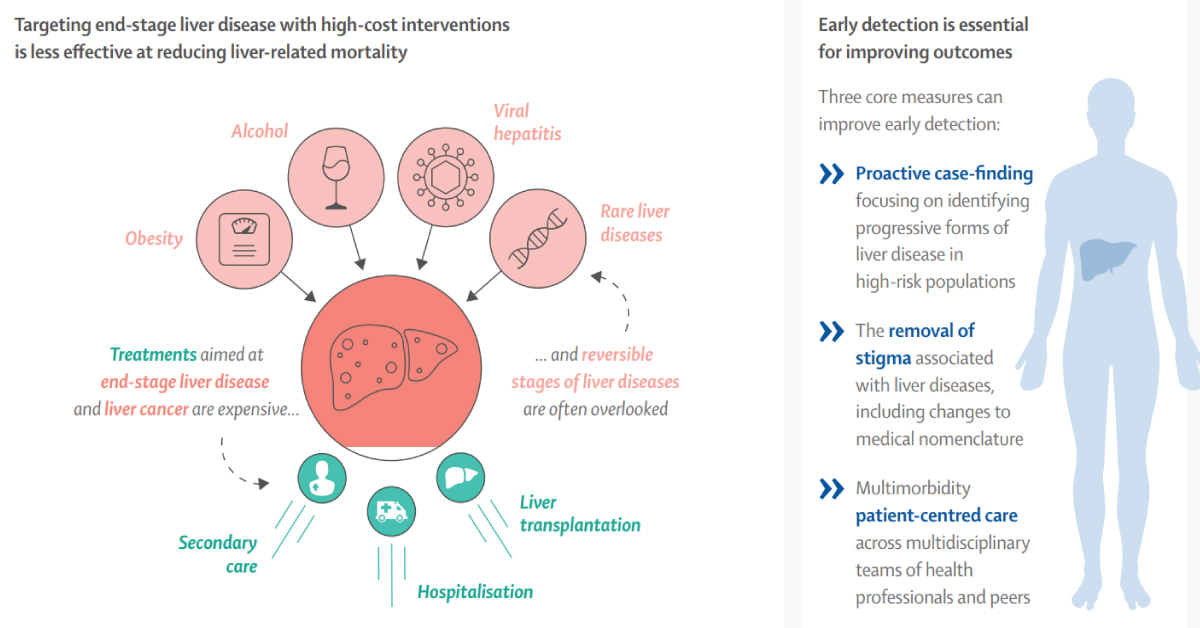About the first EASL-Lancet Commission
Triggered by the rising burden of liver disease, the Lancet and the European Association for the Study of the Liver (EASL) jointly arranged a Commission to explore the landscape of liver health in Europe. Published in 2021, the first report identified key challenges in tackling the increasing health burden of liver disease and provided ten evidence-based recommendations promoting a paradigm shift within liver care. This shift aims to encourage and facilitate the liver community in moving away from end-stage care and towards disease prevention and health promotion.
“Each year, almost 300,000 people in Europe die prematurely due to problems of the liver,” said President of the European Commission Ursula von der Leyen, at the launch of the Commission report. “Many of them could have lived longer and healthier lives. Because today, in most European countries, there is good access to secondary care.” Furthermore, von der Leyen stated “…in most cases, liver disease can be prevented. Prevention is the best cure that we have. So together, we need to raise more awareness of the preventable and treatable nature of many chronic illnesses.”
The EASL-Lancet Commission 2.0
In November 2023, a second EASL-Lancet Commission began with the goal of creating a roadmap for the operationalisation of the recommendations set forth in the first report. Prof. Tom Hemming Karlsen, Steering Committee Co-Chair of the EASL-Lancet Commission succinctly summarised the importance of a second report: “Why a second EASL-Lancet Commission? We have seen a remarkable response to the recommendations from our first Commission report, not only within the hepatology community, but also from other health care sectors, primary care in particular, in shifting the focus towards prevention, early detection and early interventions. But work remains, particularly related to structural drivers of liver-related mortality, most markedly the fragmented landscape of alcohol policies in Europe. This second commission is dedicated to ensuring that actions continue, to maximise implementation of the changes we proposed, alongside data and grass-root indicators to measure progress in this implementation.”
“To improve the lives of all people around Europe,” Prof. Aleksander Krag, Secretary General of EASL reiterated at the Geneva meeting “is the ultimate goal of all EASL activities. Embarking on a second Commission allows the liver health community to identify those problems in the field that are in most need of bold and tangible solutions”.
Working Groups
During a two-day meeting in Geneva, Switzerland, commissioners established five working groups and set the focus for the second report:
- Critical information and indicators for action to enhance liver health (WG chairs: Patrizia Carrieri/Georg Schomerus)
- Structural determinants of liver health – alcohol and commercial determinants as a case (WG chairs Shira Zelber-Sagi/Harry Rutter)
- Roadmap to enhance transparency of test-and drug pricing in Europe (WG chairs: Francesco Negro)
- Healthcare pathways facilitating early diagnosis, case finding, and screening (WG chairs Neil Guha/Pere Gines)
- How to engage the next generation of Europeans and European health care providers (WG chairs: Annalisa BerzigottI/Eivind Engebretsen)
- Interactions between liver health and psychological health – a multimorbidity perspective (WG chairs: Patrizia Carrieri/Georg Schomerus)
Steering Committee
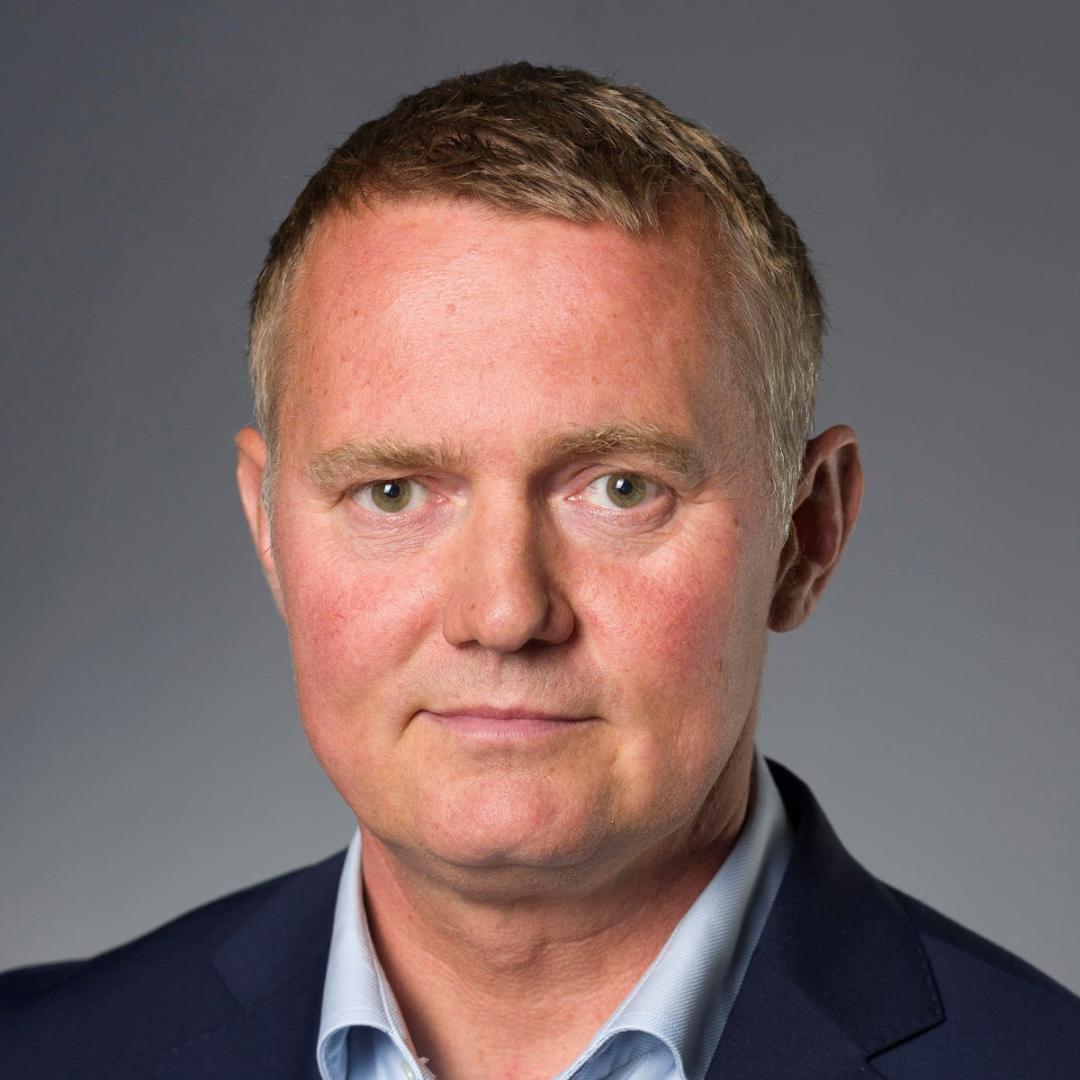
Tom H. Karlsen
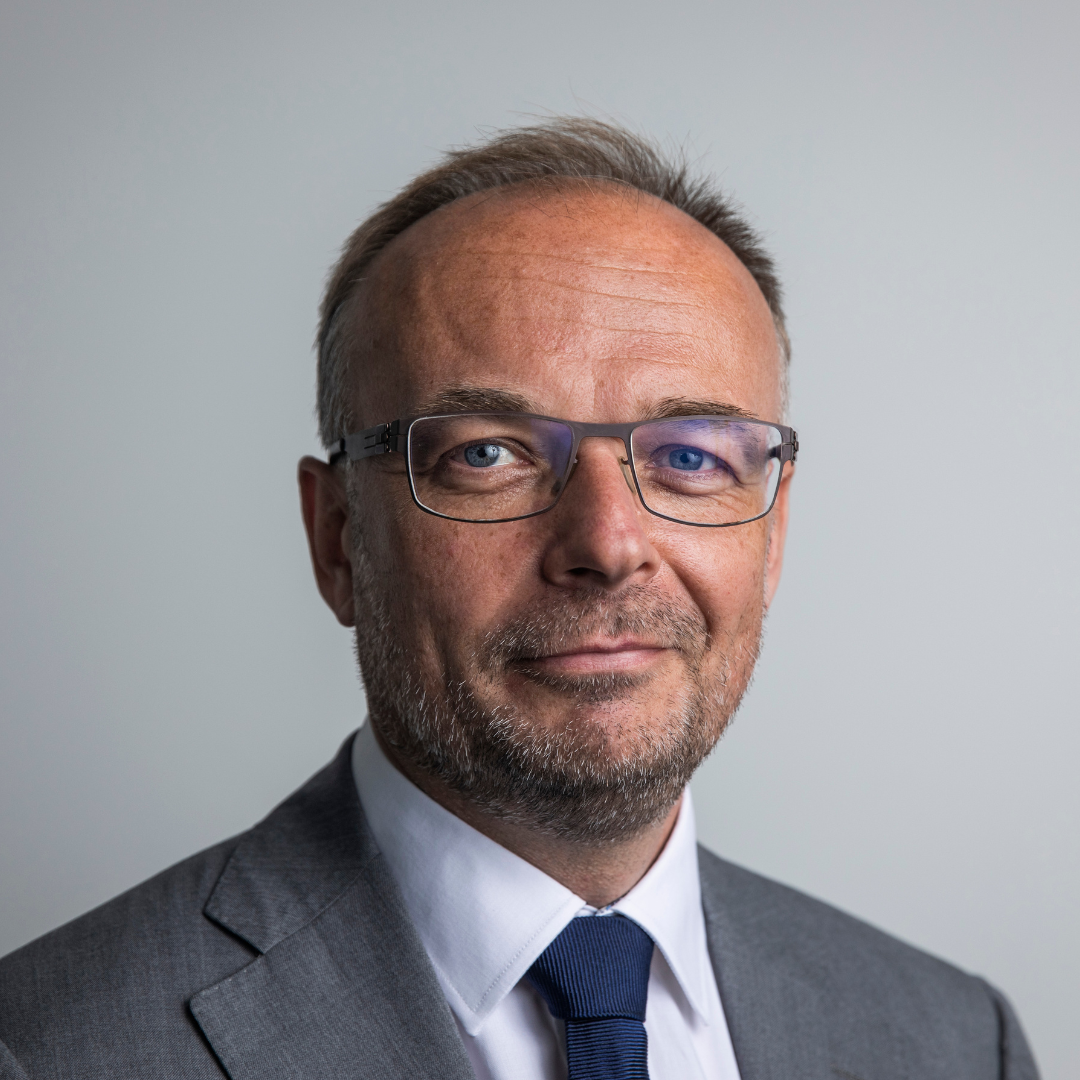
Aleksander Krag
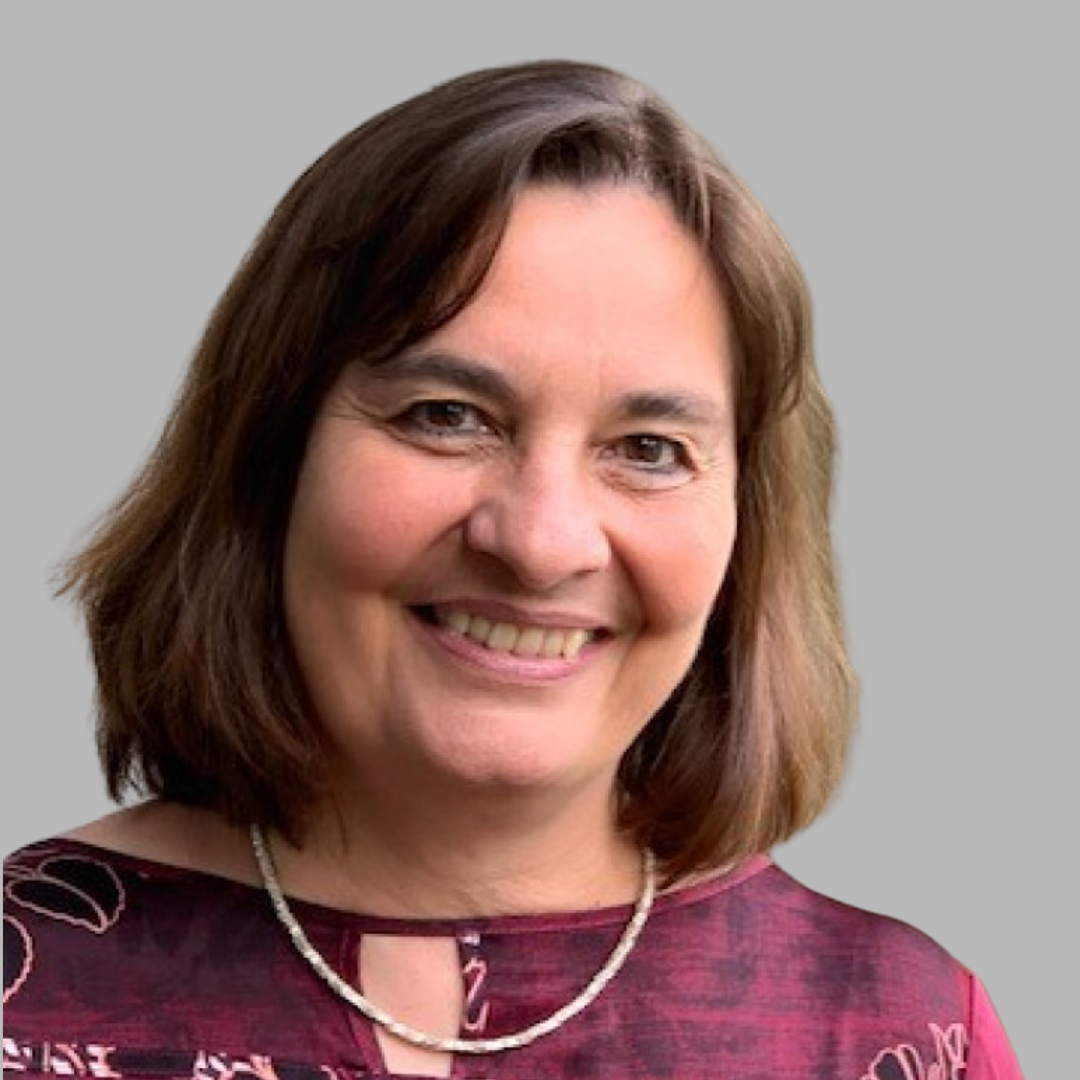
Sabine Kleinert
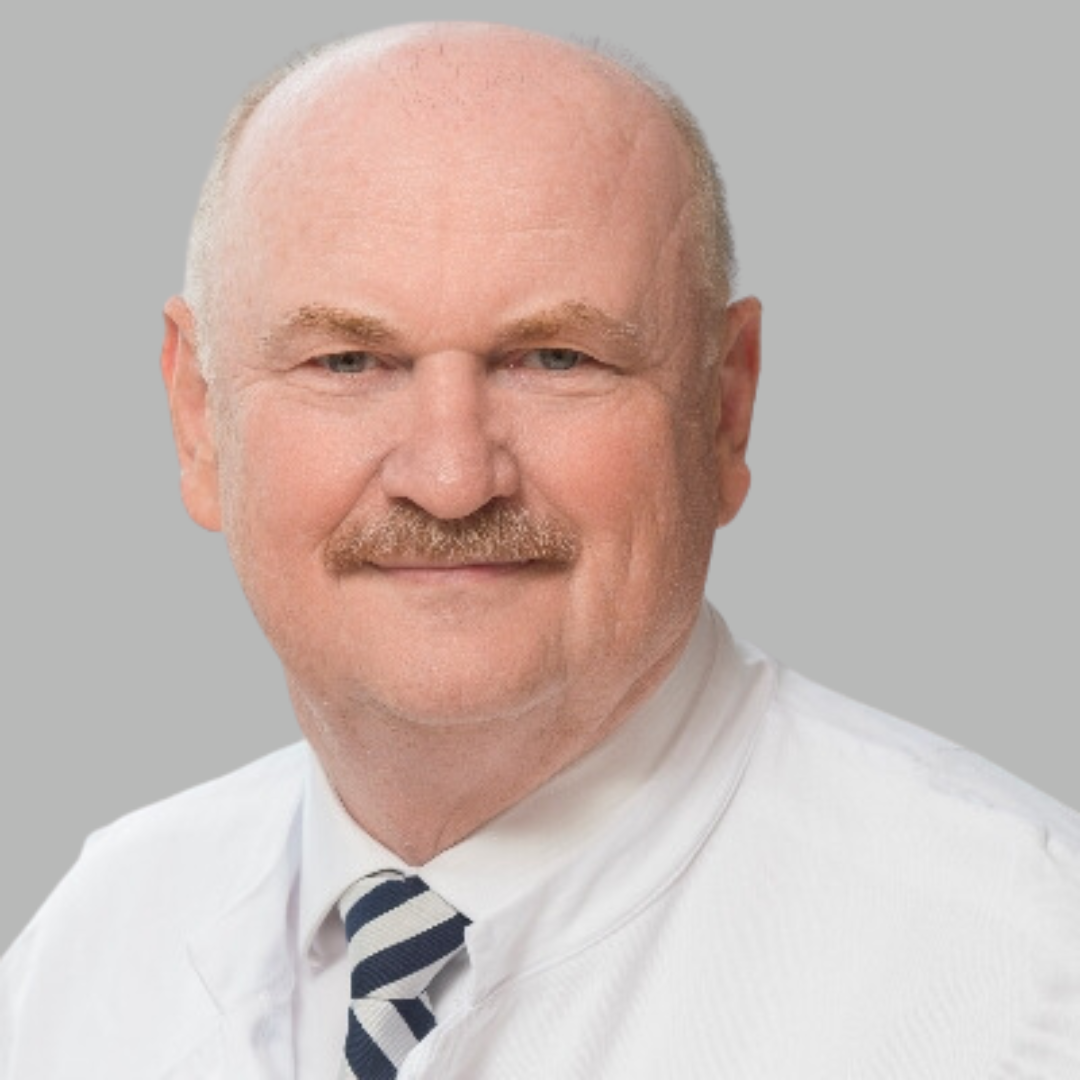
Michael Manns
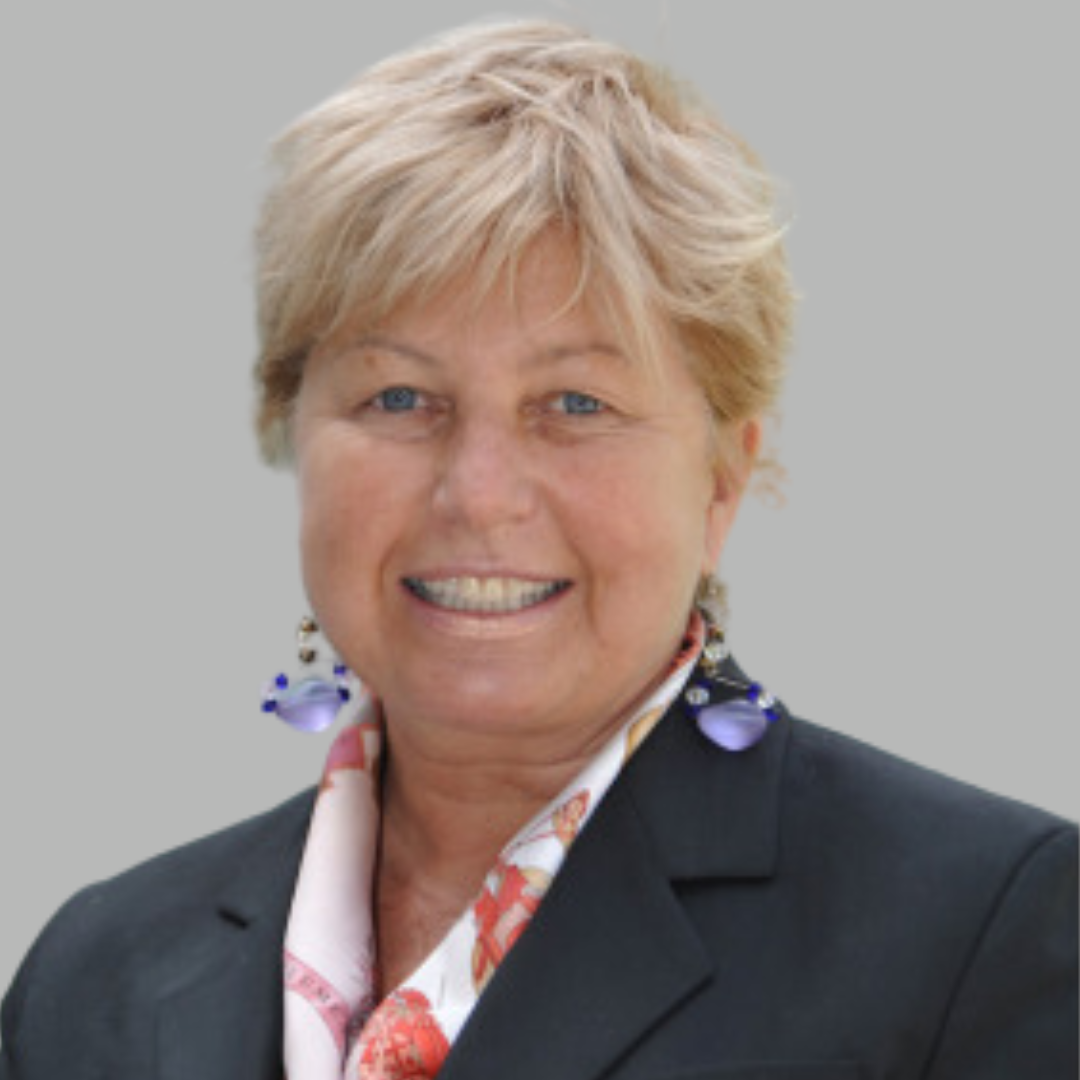
Patrizia Burra
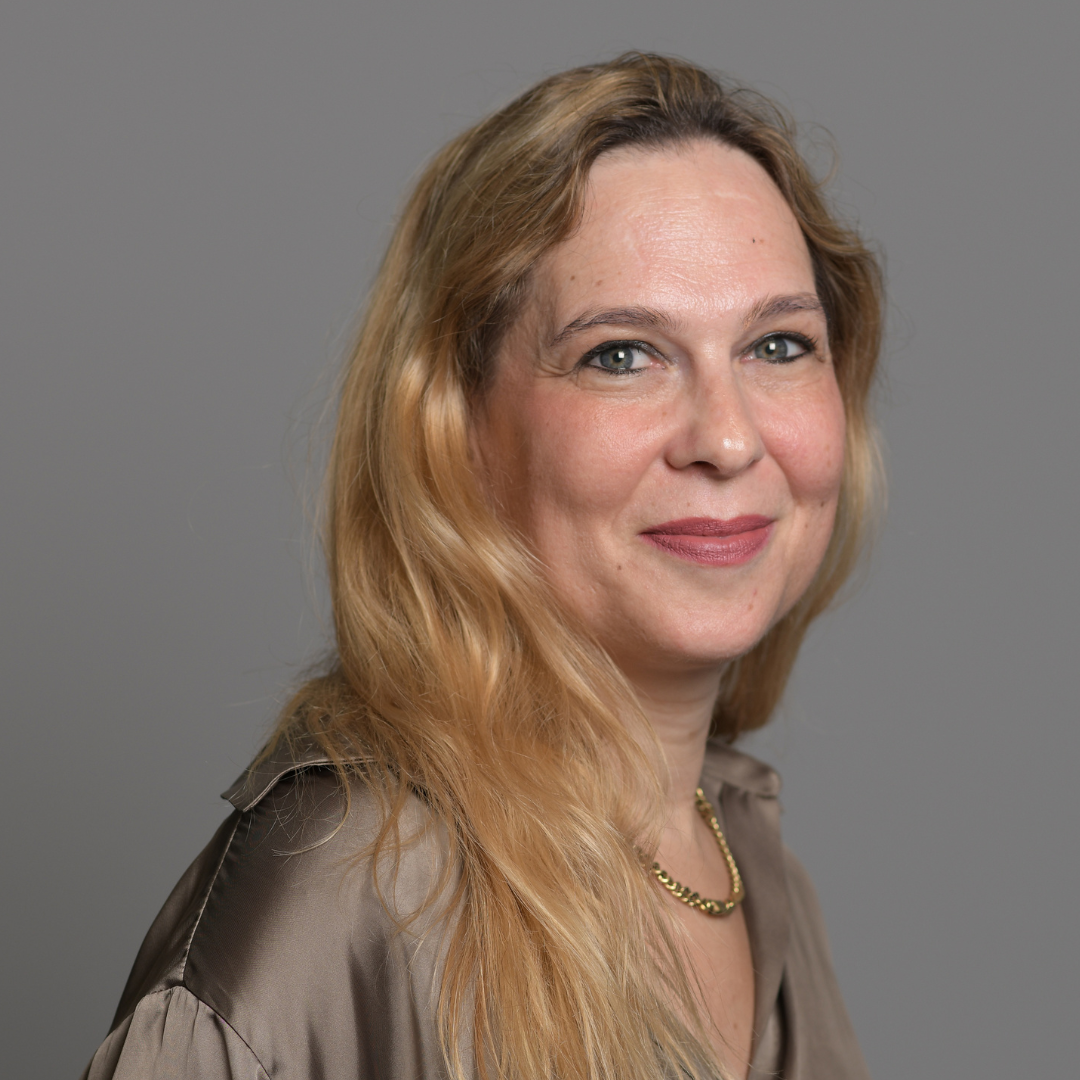
Shira Zelber – Sagi
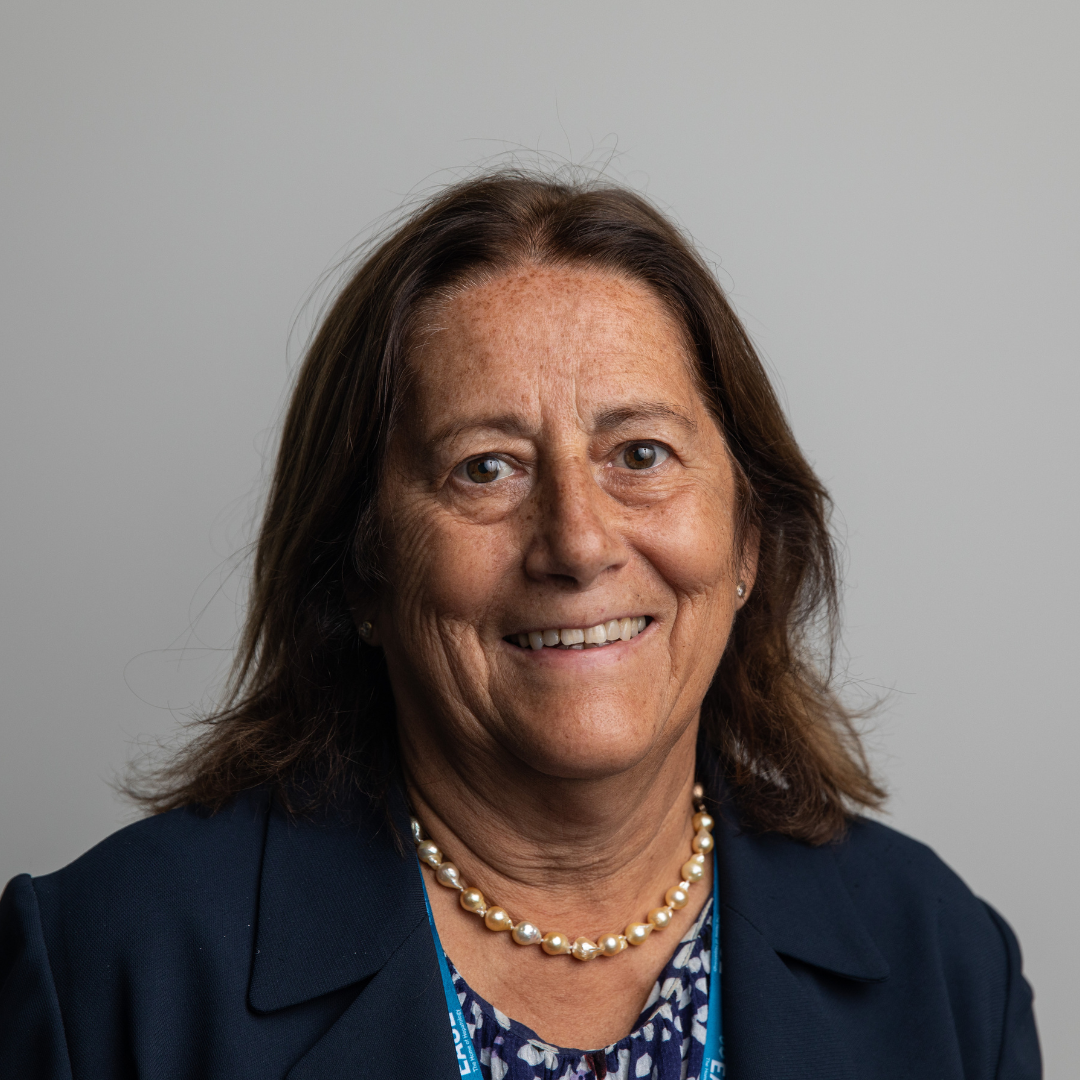
Maria Buti
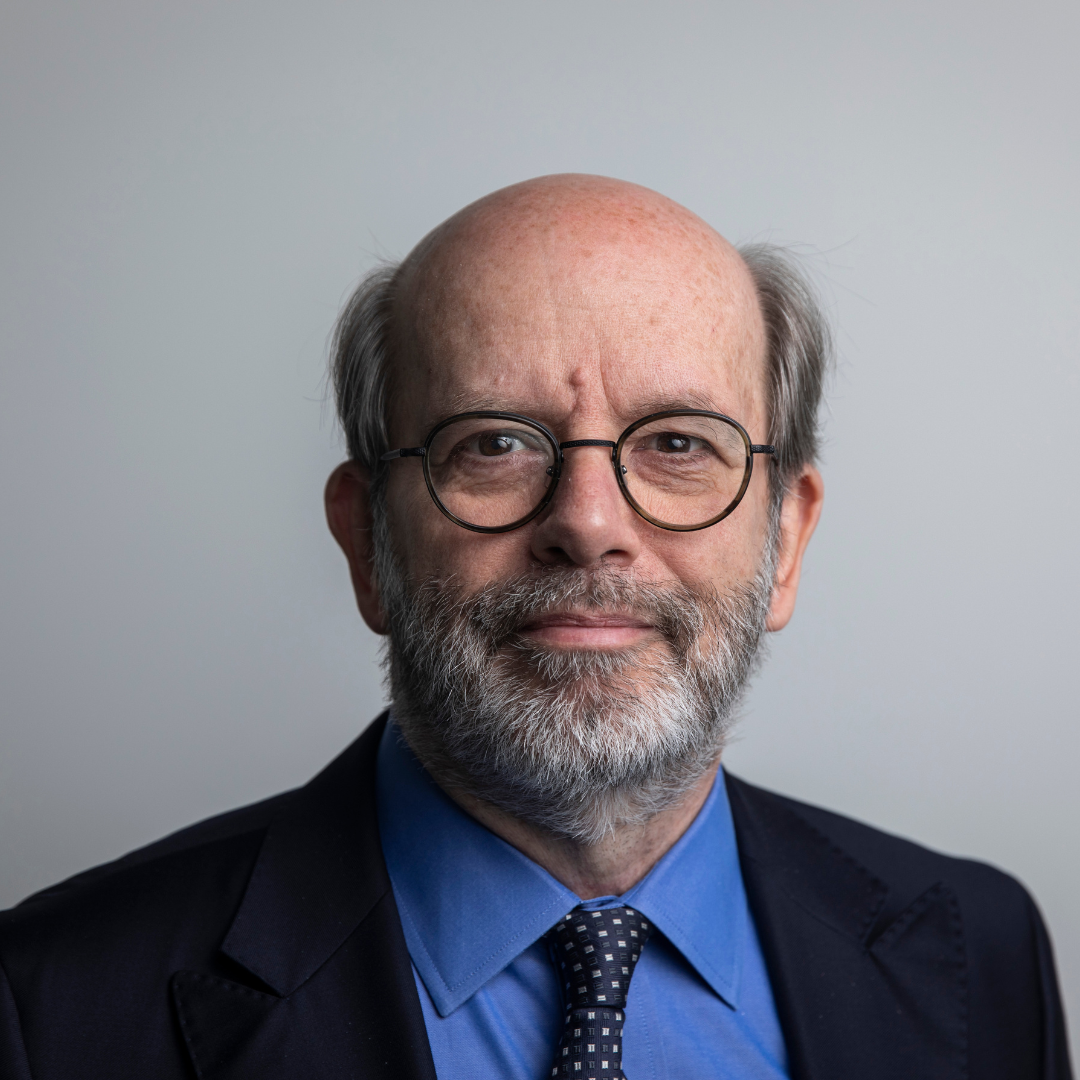
Francesco Negro
Complete list of Commissioners
Tom H. Karlsen1,2, Harry Rutter3, Patrizia Carrieri4, Shira Zelber-Sagi5, Eivind Engebretsen6, Sharon Hutchinson7,8, Kristin Voigt9, Neil Guha10, Annalisa Berzigotti11, Georg Schomerus12, Pere Gines13, Maria Buti14, Patrizia Burra15, Michael P. Manns16, Aleksander Krag17,18, Phil Newsome19,20,21, Vlad Ratziu22, Philippe Mathurin23, Nuria Fabrellas24, Michele Cecchini25, Erika Duffell26, Volkan Yomuk27, Thomas Berg28, Achim Kautz29, Marcelo Naveira30, Liana Gheorghe31, Panos Kanavos 32, Luca Pani 33,34
1 Department of Transplantation Medicine, Clinic of Surgery, Inflammatory Diseases and Transplantation, Oslo University Hospital and University of Oslo, Oslo, Norway.
2 Research Institute of Internal Medicine, Clinic of Surgery, Inflammatory Diseases and Transplantation, Oslo University Hospital and University of Oslo, Oslo, Norway.
3 Department of Social and Policy Sciences, University of Bath, Bath, UK.
4 Aix Marseille Univ, Inserm, IRD, SESSTIM, Sciences Economiques & Sociales de la Santé & Traitement de l’Information Médicale, ISSPAM, Marseille, France
5 School of Public Health, Faculty of Social Welfare and Health Sciences, University of Haifa, Haifa, Israel.
6 Sustainable Health Unit (SUSTAINIT), Faculty of Medicine, University of Oslo, Oslo, Norway.
7 School of Health and Life Sciences, Glasgow Caledonian University, Glasgow, UK.
8 Clinical and Protecting Health Directorate, Public Health Scotland, Glasgow, UK.
9 Department of Equity, Ethics and Policy & Department of Philosophy, McGill University, Quebec, Canada.
10 NIHR Nottingham Biomedical Research Centre (BRC), Nottingham University Hospitals, NHS Trust and the University of Nottingham, Nottingham, UK.
11 Department of Visceral Surgery and Medicine, Inselspital, Bern University Hospital, University of Bern, Bern, Switzerland.
12 Department of Psychiatry, Leipzig University Medical Center, Leipzig, Germany.
13 Liver Unit Hospital Clínic, University of Barcelona, Barcelona, Catalonia, Spain.
14 Liver Unit, Hospital Universitario Valle Hebron, Barcelona, Spain.
15 Multivisceral Transplant Unit, Gastroenterology, Department of Surgery, Oncology and Gastroenterology, Padua University Hospital, Padua, Italy.
16 Hannover Medical School, Hannover, Germany.
17 Centre for Liver Research, Department of Gastroenterology and Hepatology Odense University Hospital, Odense, Denmark.
18 Institute of Clinical Research, University of Southern Denmark, Odense, Denmark.
19 National Institute for Health Research, Biomedical Research Centre at University Hospitals Birmingham NHS Foundation Trust and the University of Birmingham, UK.
20 Centre for Liver & Gastrointestinal Research, Institute of Immunology and Immunotherapy, University of Birmingham, UK.
21 Liver Unit, University Hospitals Birmingham NHS Foundation Trust, Birmingham, UK.
22, Sorbonne Université; ICAN Institute for Cardiometabolism and Nutrition and INSERM UMRS 1138 CRC, Paris, France.
23 Service des maladies de l’appareil digestif, Hôpital Huriez, Rue Polonowski, 59037 Lille, France.
24 Faculty of Nursing and Institut d’Investigacions Biomèdiques August Pi.Sunyer (IDIBAPS), University of Barcelona, Barcelona, Catalonia, Spain.
25 Health Division, Directorate for Employment, Labour and Social Affairs, Organisation for Economic Co-operation and Development, Paris, France.
26 European Centre for Disease Prevention and Control, Stockholm, Sweden.
27 Istanbul University-Cerrahpaşa, Cerrahpaşa Medical Faculty, Division of Endocrinology, Metabolism and Diabetes Istanbul, Turkey
28 Division of Hepatology, Department of Medicine II, University of Leipzig Medical Center, Leipzig, Germany
29 Kautz gUG, Cologne, Germany.
30 World Health Organization Regional Office for Europe, Geneva, Switzerland
31 Carol Davila University of Medicine and Pharmacy, Center for Digestive Diseases and Liver Transplantation, Fundeni Clinical Institute, Bucharest, Romania
32 Université de Geneve Faculté de Médecine, Genevé, Switzerland
33 University of Miami Miller School of Medicine, Miami, USA
34 Department of Health Policy at London School of Economics and Political Science, London, UK
Resources


